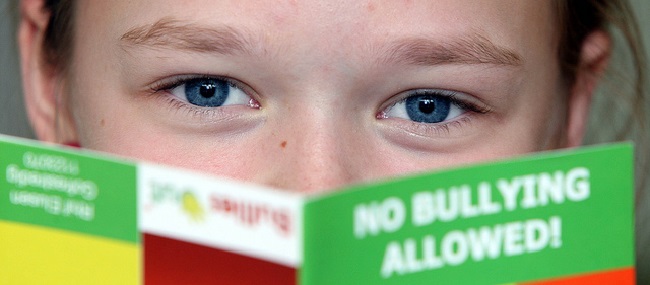The first, based on figures released by NASUWT, suggests that teachers are increasingly aware of negative comments being made about them on social media sites and online forums. Not only this, but some of the comments relate to issues which would be gross professional misconduct – such as rape, paedophilia and sexual abuse. A number of teachers have also received death threats.
Among those teachers who had suffered from cyber-bullying, the majority (58%) did not tell their employer or the police. Among those who did tell school management, 40% said no action was taken against pupils and more than half (55%) said no action was taken against parents. The proportion of complaints which received no response rose to more than three quarters when reported to the police – for cyber-bullying initiated by both parents and pupils.
In a related piece of research released by the ATL, almost two fifths of teachers (38%) had noticed a rise in mental health issues amongst their colleagues and more than half (55%) felt that they were suffering more mentally – with two thirds of those suffering more saying their job was affecting their sleep. Once again, large proportions of teachers were keeping these issues to themselves – with more than two thirds (68%) stating they had not told their school.
A lecturer from a college in Manchester described the teaching profession as one beset by ‘ill-health and tiredness’.
Guarding the Guards
These findings come at a time when teachers are being asked to take on an increasing number additional duties on top of their roles as educators. Careers services have been cut, and teachers are now expected to also look out for societal issues such as child abuse, malnourishment and signs of female genital mutilation based on holiday calendars.
The above issues are all hugely important, there is no debate around that and actions must be taken; solutions provided. However, if it is teachers on whom these additional duties fall, then schools must be innovative in the level of pastoral care they provide to their own staff. We must support the people who are there to provide support.
Innovation in education is not limited to iPads and Apps, coding and Twitter (although they are certainly a worthwhile and effective form of it). The strength of an organisation, of a profession a whole, is generally in the people it employs first, and the tools provided to them second. Schools must be prepared to offer proactive support, and to stand up to parents and pupils who are detrimental to the mental-health of individual educators – for the good of the wider student body.
Julian Stanley, blogging for the Teacher Support Network in his role as Group CEO for that charity, recently discussed the idea of ‘bravery in the classroom’ - an approach to winning the war on stress and anxiety in the teaching profession. The TSN has itself reported that 26,000 incidents of stress have come through their telephone support line in the past six months alone.
Whilst Julian focuses on the changes which are needed at a more governmental level, the research above strongly suggests that schools themselves need to look at the support which is offered to their most valuable resources. The number of teachers leaving the profession within five years currently stands at two fifths according to the Ofsted chief. Perhaps if teachers felt they could discuss issues such as mental health, or being bullied by their students, with a senior leadership team who were not only sympathetic but were willing to act decisively in their favour, this figure would be lower.
Julian’s ‘bravery in the classroom’ applies as much at a whole school level as it does to individual teachers in their own classrooms. Teachers are charged with limiting bullying and cyber-bullying to the best of their ability, but if they themselves are suffering from it and see no comeback on the perpetrators, how can they have the faith in their school’s ability to act any more strongly when the issue is a pupil-to-pupil matter?
Image Credit: Flickr


















